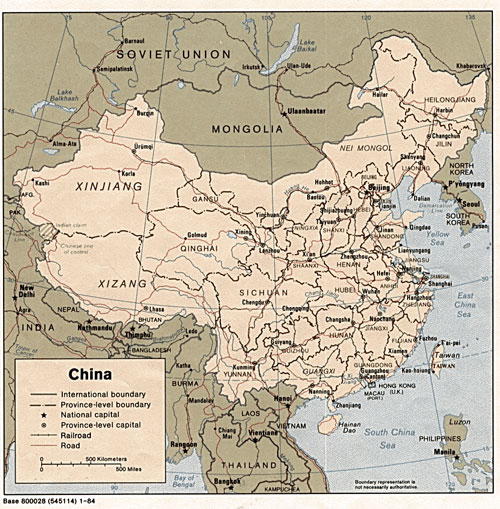RESOURCES
Chapter Notes
Chapter 25: China
There was a curious coffee culture that existed in certain Chinese coastal cities from around 1860 through the early years of the 20th century as a result of the Opium Wars which, for a time, forced the country into economic subjugation. Treaties forced on China by the great Western powers ceded them enormous swathes of land. These so-called 'concession zones' gave Britain, France, the United States, Russia, Austria, Germany, Italy, the Netherlands and Belgium, along with Imperial Japan, rights to carve up the Chinese coastline and build extravagant replicas of their cities in miniature.
The Europeans who populated these extraordinary districts within China had extra-territorial powers allowing them to pretty much do anything they pleased. And one of the things that pleased them was drinking coffee. In Shanghai, for example, along the Bund, the area of International settlement, there were European theatres, parks (with signs that infamously stated 'No Dogs or Chinese Allowed') and, of course, coffeehouses.
A special quarter of the International Settlement in Shanghai was the Restricted Sector for Stateless Refugees. Also known as the Shanghai Ghetto, it became home to 20,000 European Jews who were seeking asylum during the 1930s. One of the few areas where ordinary Europeans and Chinese co- mingled, it became noted for having some of the more interesting, if seedy, cafés.
Unlike Japan, China actually grows coffee and has done so for well over a hundred years. The southern province of Yunnan had coffee farms started by the French in the latter part of the 19th century who found the climate, soil and topography better for Arabica than the Robusta grown in Vietnam's central highlands, just across the border. So it's ironic that the coffee most consumed by the Chinese is of the instant variety made from Robusta beans, 95% of which are sourced from Vietnam.
Fuijan, the province where la Roque's 17th century porcelain coffee cups had originated, grows coffee as well, though its commercial reach is still quite limited.
Hanain, a semi-tropical island nestled in the South China Sea, stretching out toward the Bay of Tonkin, has an indigenous coffee trade and where, on the south-eastern part of the island, people drink their morning coffee laced with coconut milk.
Pioneers from various parts of the world have begun carving out a place for themselves in highlands of Yunnan. Youthful, energetic and often linked to global movements concerning ecology and fair trade, they have begun to link up with native growers, exchanging techniques and helping small farms establish cooperative processing ventures.
|






